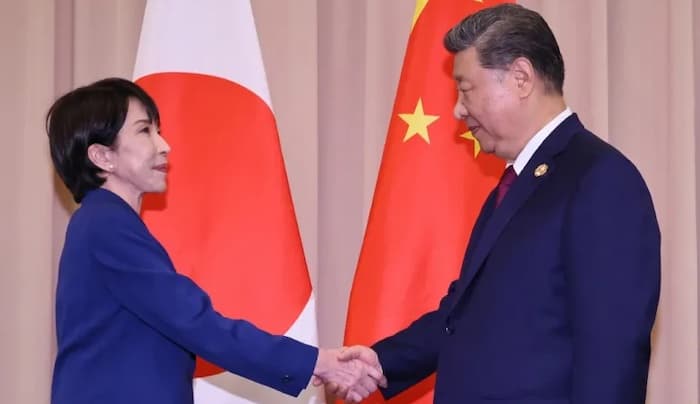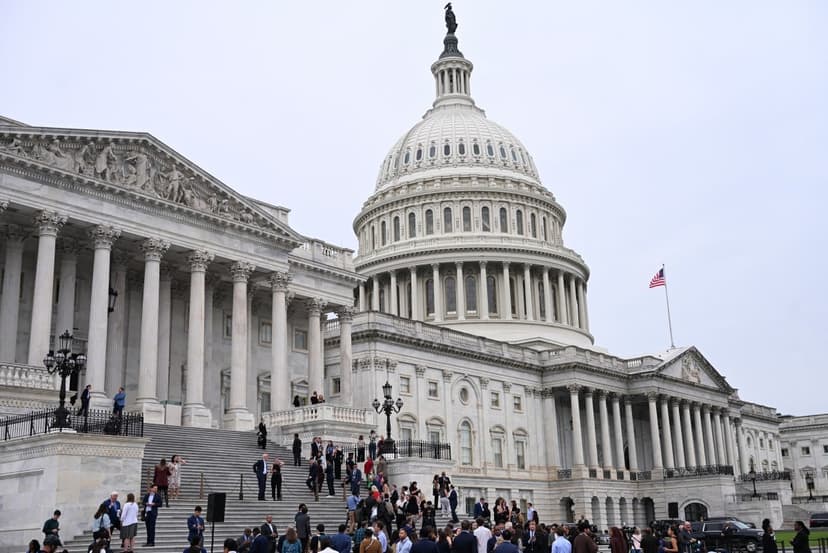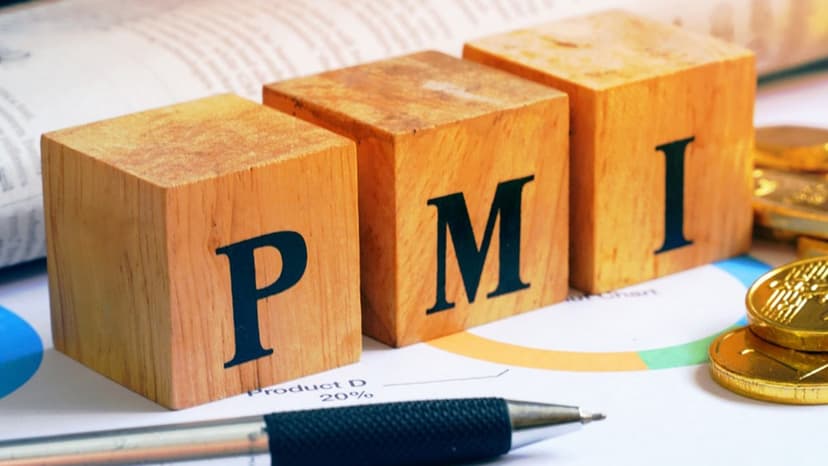
Japan Moves To Ease Tensions With China.
Things escalated when Prime Minister Sanae Takaichi recently told Japanese lawmakers that if China were to attack Taiwan in a way that threatened Japan's very survival, a military response might follow. This was a significant departure from previous administrations, who typically avoided publicly discussing such hypotheticals to prevent upsetting Beijing, which sees Taiwan as its own territory.
To address the growing rift, Japanese media reported Monday that Masaaki Kanai, director general of Japan’s Foreign Ministry’s Asia and Oceania bureau, is scheduled to meet his Chinese counterpart, Liu Jinsong, in Beijing this week. During this meeting, Kanai is expected to clarify that Takaichi's statements don't signal a change in Japan's security policy. He'll also likely press China to avoid actions that could further strain the relationship between the two nations.
It's worth noting that Taiwan is strategically important to Japan, located just over 110 kilometers from its westernmost islands. This proximity places Taiwan near vital sea lanes that Japan relies on heavily for its oil and gas imports. Furthermore, Japan is home to the largest concentration of U.S. military forces outside of the United States, adding another layer of complexity to regional security.
When questioned about Kanai's upcoming trip, Japan's Chief Cabinet Secretary assured reporters at a regular press briefing that "various channels of communication are open." He also added that China's travel advisory "is incompatible with the broad direction of promoting a strategic, mutually beneficial relationship," and confirmed, "We have made a firm request for the Chinese side to take appropriate steps."
In a potential opportunity for further high-level discussions, Takaichi is also expected to attend the Group of 20 summit in South Africa starting Friday, where she may have the chance to meet Chinese Premier Li Qiang.
Meanwhile, in New Taipei on Monday, Taiwan President Lai Ching-te weighed in, accusing China of launching a "multifaceted attack" against Japan. He urged the international community to "continue paying close attention" and called on China to "exercise restraint and demonstrate the conduct befitting a major power, rather than becoming a troublemaker for regional peace and stability."


